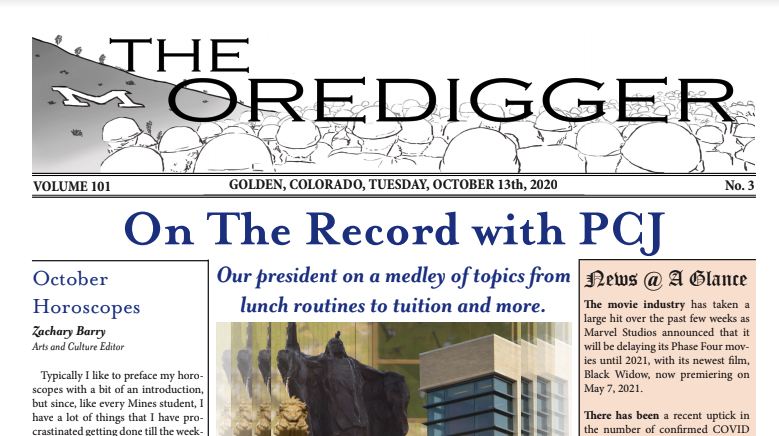While many students are gearing up for the CSM Spring Career Fair aiming to get their foot in industry’s door and gain an internship, why not consider applying for a research internship, or REU (research experience for undergraduates)? There are many REU programs across the country in just about any sort of research area, for those both exploring their interests or looking to research a particular topic. REUs are also a great resume booster for those thinking about graduate school in the future. Even those not planning to go into research or academia after getting their undergraduate have great experiences during the completion of their eight to ten week research project.
From mentoring groups in during the research internship to fun field trips outside of work, an REU Although it varies across programs, many REUs provide housing and a food stipend in addition to the research stipend. As an added bonus, the structure of the programs often include development seminars, tours of nearby facilities, and social excursions with fellow interns.
The application process is mostly painless and many times does not require an interview. The first step to applying to REUs is to first find an appropriate program in the field of interest. NSF.gov has the database of REUs handily organized and users can sort by research area, or location. Once located, applying is usually a straight-forward process: every REU site has their own online application, and most require two letters of recommendation, a resume or CV to be uploaded, official or unofficial transcripts, and a statement of purpose or an essay. Essay prompts are simple and ask questions such as, “What are your future goals?”. After ordering transcripts, if needed, the next step should be talking with professors or research supervisors about letters of recommendation well before the deadline. (Keep an eye on deadlines, as many REU deadlines are fast-approaching in February.) Although former research experience is not required for many REUs, the recommenders should ideally be able to speak on abilities to do research by the applicant, or success of the student in the area of interest. A wise next step is tailoring the resume for a research position, which the Career Center can help with. Although an industry-tailored resume will look very similar to a research-tailored one as many skills overlap, any programming and communication skills will want to be highlighted.
REU sites vary in the level of experience that is desired, which means that a freshman with no research experience has a chance of getting accepted to an REU. Some programs do require previous research experience, so any undergrad research done is not only huge in obtaining a place at an REU, but also invaluable experience when working on the REU project in the summer. REUs can be found with many different eligibility requirements, from academic standing to minority status to duration. As a result, it is very likely to find a fitting program, whether one has field session and can only work eight weeks, or one loves programming in Python.
REUs probably will not pay as much as an internship with an oil company or the such like, but past participants will testify that it is worth it. REUs provide a very enriching experience during the length of the program and leave interns with invaluable researching skills that will benefit them whether they choose to make a career out of researching or not.



'How to get an REU' has no comments
Be the first to comment this post!